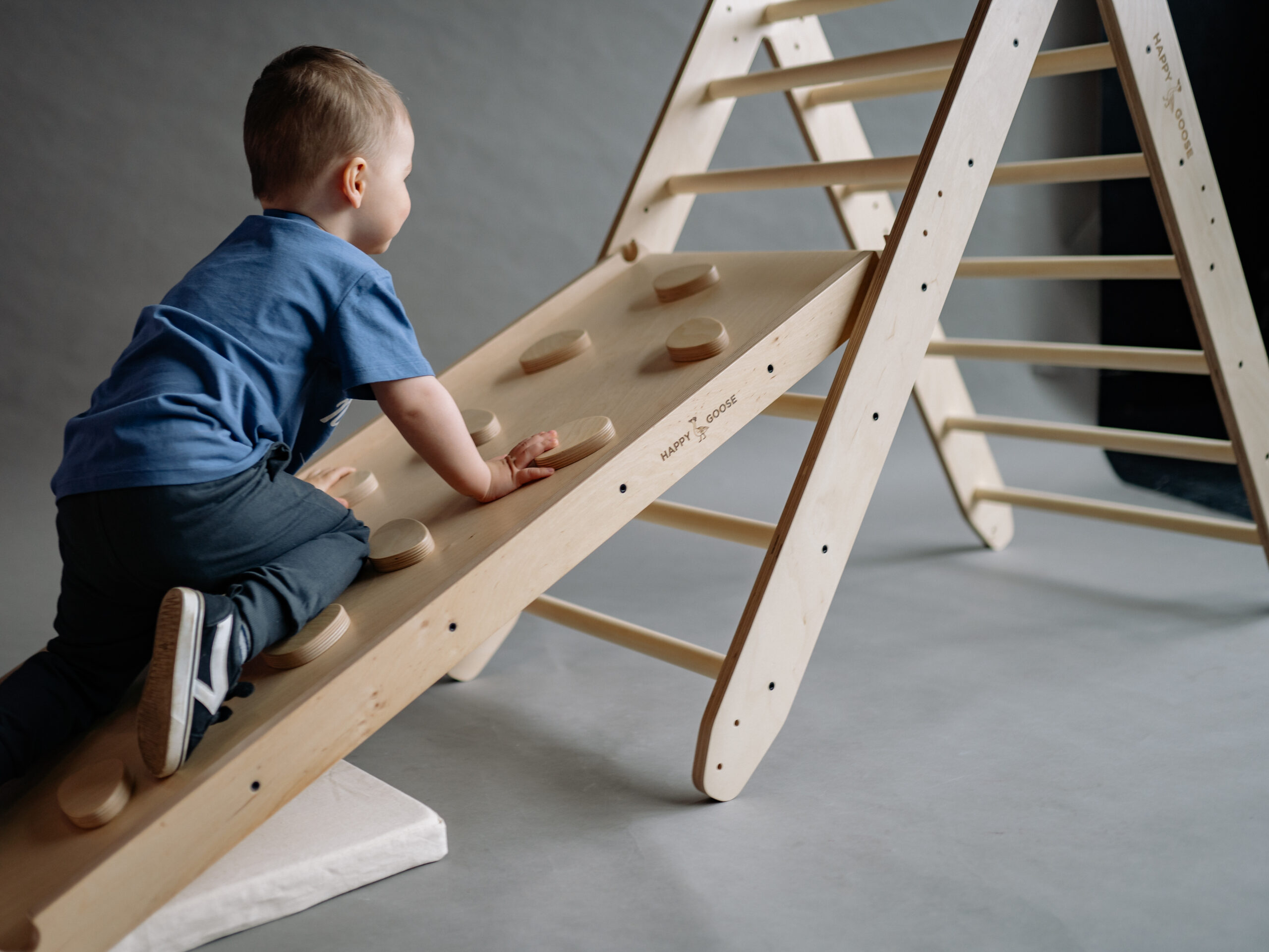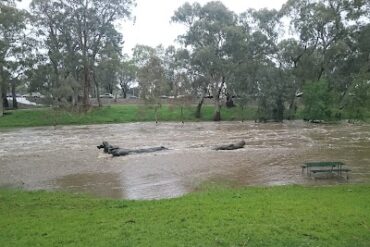Welcome Parents! Your Guide to Understanding How Young Children Develop and Learn
Hello wonderful parents! Today, we have some exciting insights to share with you about your little one’s development and learning process! This guide aims to instill a crystal-clear understanding of the unique ways your child grows and acquires knowledge. Let’s dive right in!
Chapter 1: Stages of Child Development
The Basics of Development
Right from birth, your child begins to develop at a fantastic pace. They are budding with potential, waiting to discover their world one day at a time. Let’s look at the stages that your child will transition through as they grow.
First Stage: Infancy (0-2 Years)
In the precious first two years, your baby is forming 1 million new neural connections every single second! That’s a mindboggling amount of learning happening every tick of the clock.
Second Stage: Toddlerhood (2-4 Years)
By now, your little adventurer is ready to explore their surroundings even more, with improved motor skills and language abilities. Every new experience, every word heard and seen, enriches their knowledge and makes them more skilful.
Third Stage: Early Childhood (4-6 Years)
This phase brings about a transition. Your child is now bustling with imagination and is capable of much more sophisticated levels of thinking and understanding. They’re also getting ready for the structured world of education!
Chapter 2: How Children Learn
Learning through Play
While it may seem like they’re just having fun, playtime is serious learning time for children. Whether it’s sorting blocks or role-playing, they learn about shapes, colors, social roles, and much more!
Learning through Everyday Routines
Did you notice how your child loves to imitate you? Everyday routines like brushing teeth, eating meals, or shopping give them a chance to learn life skills.
Learning from Failures
Tripping over while trying to walk, struggling to get a toy back into the box – these might be their sweet little failures. But each one is a stepping stone leading them towards mastery!
This is just a taster of this exciting journey! Stay on this wonderful path of discovery as we will continue to provide more in-depth knowledge in following chapters. Because understanding your child’s development and learning process will not only make you a more informed parent but also help your child reach their full potential!

Credit: Pexels
Parents’ Guide: Child Development and Learning Explained
Warm greetings parents! The incredible journey of parenting is filled with surprising insights and thrilling milestones. One such exciting aspect is understanding your child’s growth and learning process. So here we are presenting a wholesome guide to help you navigate this path!
Chapter 1: Understanding Child Development Stages
Infancy (0-1 Year)
In the first magical year, your adorable bundle of joy learns to communicate through cries, coos, and giggles. Their muscles start developing as they learn to hold up their head, sit, crawl, and eventually walk. Sensory intelligence is also budding during this phase.
Toddlerhood (1-3 Years)
As a toddler, your little one is now on an expedition of self-discovery. The development of motor skills enhances physical coordination, and the growth of language skills fosters communication. Their cognitive space is expanding, and they start understanding simple instructions and also begin recognizing familiar faces.
Preschool Age (3-5 Years)
This age brings a noticeable growth in cognitive abilities. Your child begins to understand more complex instructions, learns to count, and can recognize and write alphabets. They are also developing social skills, learning about sharing, empathy, and cooperation.
Chapter 2: How Does Learning Happen in Children?
Play-Based Learning
Have you noticed your child engaged in pretend-play, building amazing block towers, or running in the park? This playtime is a learning tool for them. They learn about the physical world around them, acquire creative problem-solving skills, and understand socio-emotional norms during their play hours.
Learning from Routines and Chores
Your mimicry-loving toddler is learning every time they watch you! By repeating daily chores like brushing, helping in cleaning, or grocery shopping, they are picking up practical life skills. These routines also inculcate discipline, responsibility, and a sense of accomplishment.
Learning through Triumphs and Failures
Remember how your child first learned to walk? The falling and trying again? Every small success and failure is an invaluable lesson. They learn about resilience, coordination, and foster their self-esteem through these experiences.
We hope these insights guide you through this engaging journey of your child’s development and enrichment. It’s not just about watching your child grow, but being a part of this growth, shaping it, and creating memories together. Happy parenting!
Understanding How Young Children Develop and Learn
Every parent must understand that children gain skills and knowledge through a series of developmental milestones. Here are five important things parents should take note of in preparing for their child’s development and learning.
1. Understand the Basics of Child Development
Firstly, it’s key to grasp the run-through of a child’s development. Kids grow at their own pace, unfolding through stages of development in aspects such as physical, social, intellectual, and emotional growth. Understand these stages to provide suitable challenges and support to your child.
2. Emphasize the Importance of Play
Play is an integral part of young children’s development. It fosters creativity, hones problem-solving skills, and builds social and emotional intelligence. Ensure your child has ample playtime with varied activities to stimulate different parts of their brain.
3. Early Reading Boosts Cognitive Growth
Starting to read to your child at an early age spawns cognitive development. It fosters vocabulary expansion, comprehension, and creative thinking. Engage them in storytime, highlighting pictures while pronouncing words aloud for phonetic awareness.
4. Social Interaction Fuels Emotional and Behavioral Development
Interacting with peers and adults improves your child’s emotional and behavioral development. Encourage social interaction in different environments and settings to shape your child’s social skills, empathy, and understanding of acceptable behavior.
5. Establish a Routine
Lastly, children thrive on routine. Knowing what comes next gives them a semblance of control, thus enhancing their feeling of security and development of self-discipline. Establish consistent yet flexible routines to help structure their day.
By bearing these points in mind, parents can gear up well for the fascinating journey of how young children develop and learn.
For more great articles please see here. For more information on raising children see here
Disclaimer
The articles available via our website provide general information only and we strongly urge readers to exercise caution and conduct their own thorough research and fact-checking. The information presented should not be taken as absolute truth, and, to the maximum extent permitted by law, we will not be held liable for any inaccuracies or errors in the content. It is essential for individuals to independently verify and validate the information before making any decisions or taking any actions based on the articles.




